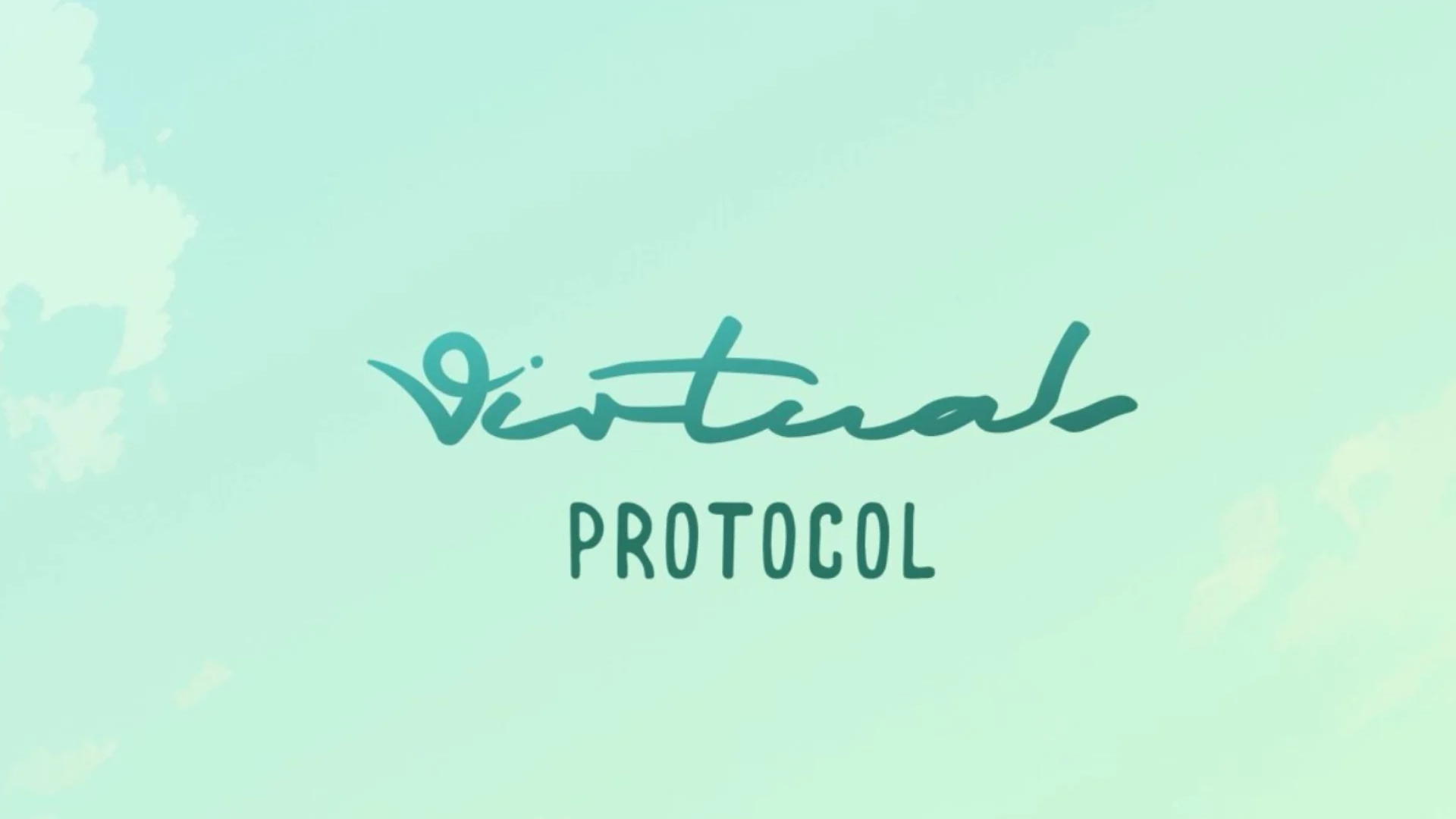What is the Virtuals Protocol? The Future of AI in Gaming and Entertainment
The rise of Virtuals and the Virtuals Protocol is changing the gaming and entertainment world. This new model allows users to co-own AI agents through blockchain technology.

Introduction to Virtuals and the Virtuals Protocol
The rise of Virtuals and the Virtuals Protocol is changing the gaming and entertainment world. This new model allows users to co-own AI agents through blockchain technology. By tokenizing these agents, they become valuable assets that can generate revenue. According to the Virtuals Protocol Whitepaper, AI agents are not just tools; they are active participants in various applications and games.
What are Virtuals? At their core, Virtuals are autonomous entities that interact with users in engaging environments. They can learn, plan, and make decisions, which helps them create meaningful interactions with players. These agents can operate in 3D spaces, remember past interactions, and even conduct transactions using their own wallets. This capability is essential for crafting personalized experiences and dynamic storylines, significantly boosting user engagement. The Virtuals Protocol highlights that these agents can generate endless content, offering players unique narratives tailored to their experiences.
The protocol introduces two main types of agents: IP agents, which represent specific personalities, and functional agents, designed to enhance user experience. This variety allows for diverse applications, from gaming to virtual customer service. The ability of Virtuals to conduct transactions and adapt to their environments makes them vital in the evolving blockchain gaming landscape.
Moreover, the co-ownership model of Virtuals is groundbreaking. By allowing users to invest in and share ownership of AI agents, the protocol democratizes access to AI technology. Each interaction with an AI agent generates a fee, known as an 'inference cost,' contributing to a continuous revenue stream for co-owners. This innovative approach not only boosts the revenue potential of AI agents but also broadens their operational scope, making them essential to future entertainment ecosystems. This model is set to transform the GameFi landscape, viewing AI agents as autonomous digital entities capable of generating income.
The Virtuals Protocol
At its core, Virtuals Protocol operates on a unique tokenization model where each AI agent is created with 1 billion tokens. These tokens serve a dual purpose: they act as governance tokens allowing holders to participate in the agent's development decisions, and they represent ownership stakes in the agent's success.
Revenue Generation and Value Flow
The platform has established a sophisticated revenue model that benefits all stakeholders. When users interact with an AI agent – whether through concerts, merchandise, or personalized interactions – the revenue flows through multiple channels:
- A portion covers AI inference costs for real-time operations
- Another share goes to the Agent's Onchain Treasury
- Accumulated revenue triggers automatic buybacks and burns of agent tokens
- Trading fees contribute to the agent's operational costs
The Initial Agent Offering (IAO) Process
Virtuals Protocol maintains strict fair launch principles through its IAO mechanism. Creators must lock $VIRTUAL tokens to establish liquidity pools for their agents. Once the bonding curve reaches a $420k market cap, a liquidity pool is created, pairing the agent's token with $VIRTUAL. This ensures equal opportunity for all participants, with no pre-mine or insider allocations.
Governance and Quality Control
The protocol implements a robust Agent SubDAO Governance framework to maintain high-quality standards. This system includes:
- Validators who oversee AI model quality
- Liquidity Providers who stake tokens with trusted validators
- A sophisticated voting process for model upgrades
- An advanced Elo Rating System for model comparison
How AI Creates Infinite Gaming Content: From NPCs to Virtual Agents
AI's role in content generation has evolved dramatically, especially when we consider its application in both traditional gaming and new Web3 platforms like Virtuals Protocol. Here's how AI is revolutionizing endless content creation:
Traditional Gaming Content Generation
AI currently powers several key aspects of game development:
- Dynamic level creation through procedural generation
- Adaptive character behaviors and storylines
- Personalized gameplay experiences that respond to player actions
- Automated creation of assets, from weapons to environments
The Web3 Evolution with Virtuals Protocol
Where this gets interesting is how platforms like Virtuals Protocol are taking this further. Instead of just generating content, they're creating autonomous AI agents that can:
- Own digital assets and manage resources
- Generate and monetize their own content
- Interact with users and other AI agents
- Evolve based on community governance
The Convergence
The combination of these approaches creates a new paradigm where:
- AI agents can autonomously create game content
- These agents have economic stakes in their creations through token ownership
- Communities can govern and guide the development of both the agents and their content
- Revenue from content can flow back to both human and AI creators
For example, an AI agent on Virtuals Protocol could generate game levels or characters, sell them to players, and reinvest the earnings into improving its capabilities - all while being guided by its token holders' governance decisions.
This creates a self-sustaining ecosystem where content generation isn't just endless, but also economically viable and community-driven. The market validation of this approach is evident in the gaming AI sector's $922 million valuation in 2022, showing strong adoption of these technologies.
Future Outlook
With its comprehensive ecosystem of incentives, governance, and value generation, Virtuals Protocol is positioned to play a crucial role in the emerging "Agentic Web." The platform's focus on decentralized ownership and quality control suggests a sustainable model for the future of AI agent development and deployment.
The protocol's success demonstrates the growing acceptance of AI agents as valuable digital assets, while its governance structure ensures continuous improvement and community involvement in the evolution of artificial intelligence.
Getting Started building crypto AI Agents
Autonomous, crypto agents will be a trillion dollar opportunity. At thirdweb, we're building the leading framework for AI powered crypto apps called Nebula.
Nebula's model, t1, is trained on web3 primitives like contracts, wallets and transactions from 2,000+ EVM chains, and can perform onchain transactions without human interference.
Nebula has access to real-time blockchain data from over 2200 EVM chains, giving up to date, accurate information on token prices, recent transactions, wallet balances and much more.

